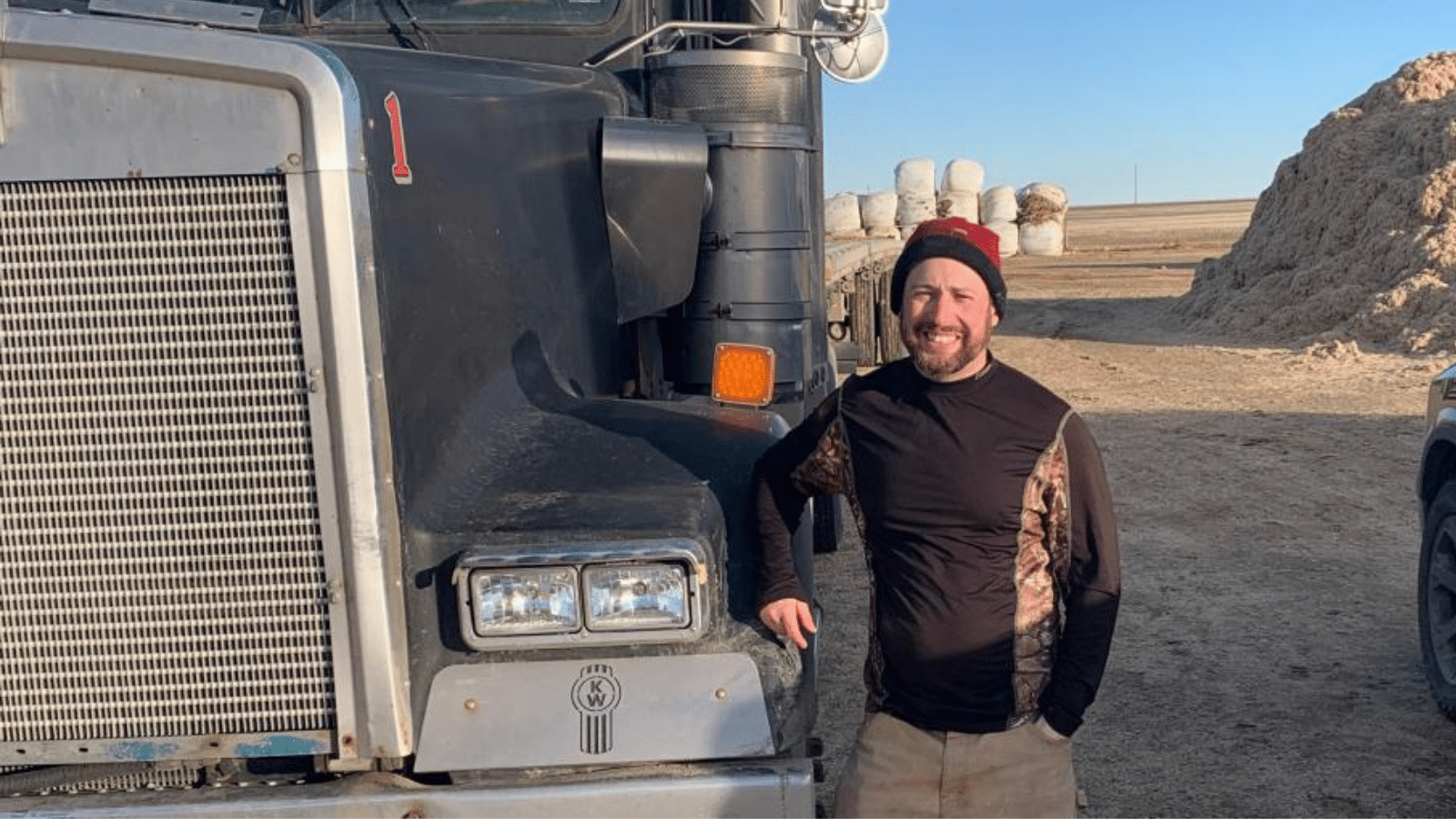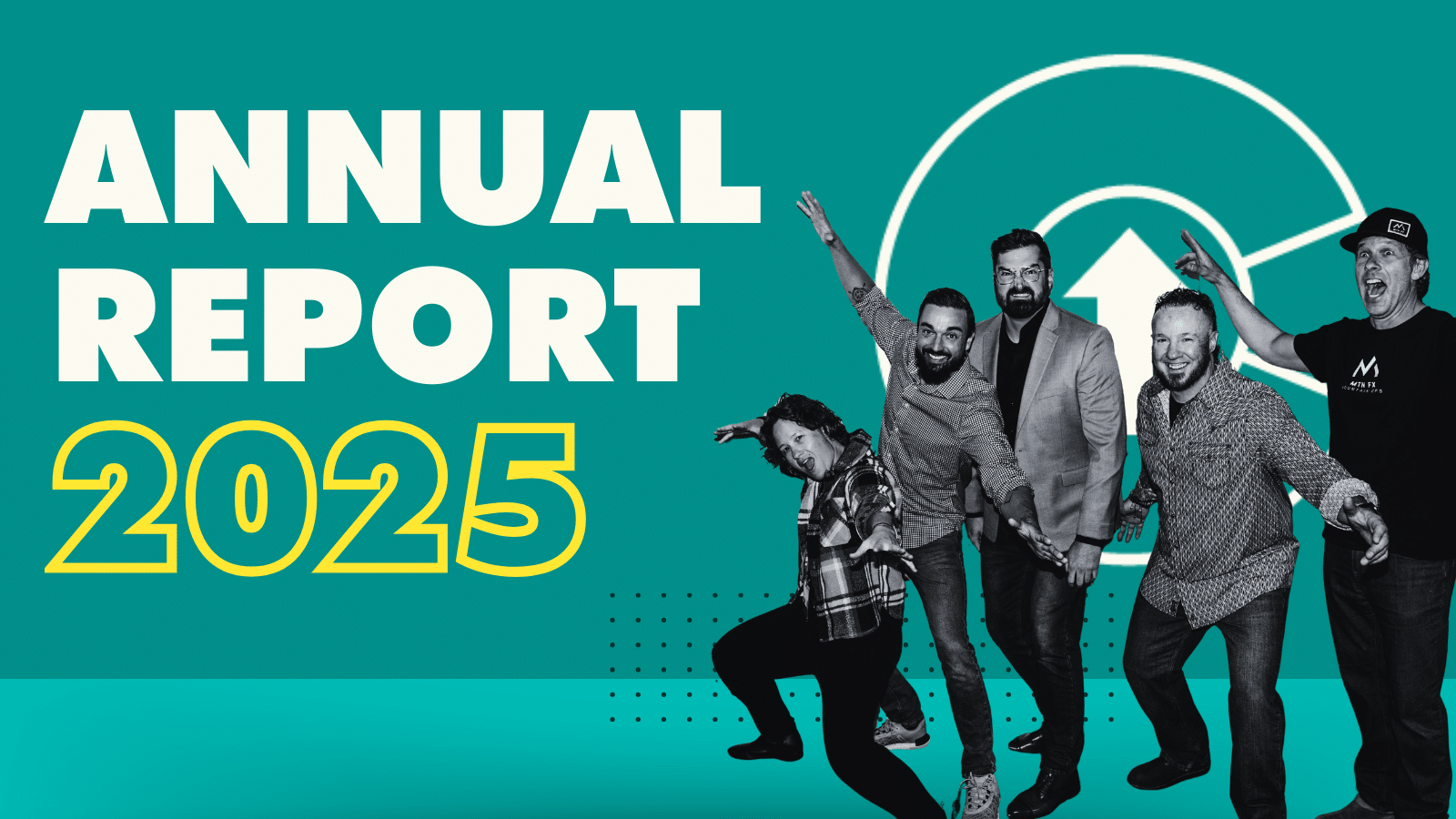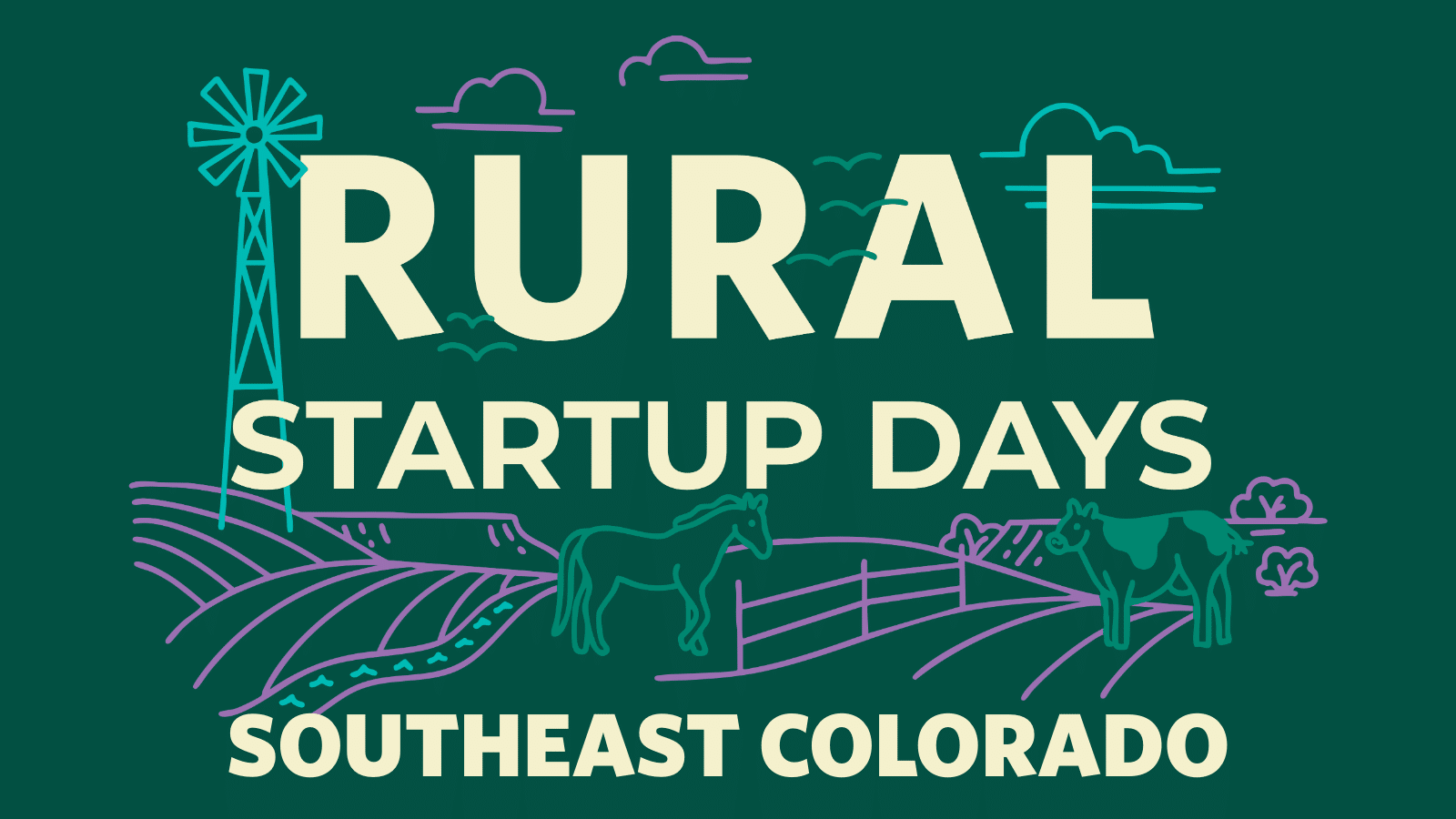By Mike O'Donnell
Mike O’Donnell is the Entrepreneurial Ecosystem Director at Prairie Rose Development, a Colorado-based 501(c)3 nonprofit. Previously, Mike supported rural small business owners as the Executive Director of Colorado Lending Source. Mike is currently on the Startup Colorado Board of Directors.
As a small business gets started and/or is ready to grow operations, it may need more capital than is currently available to the ownership team. There are two general ways of securing this needed capital through either raising equity (selling a portion of your business to someone else) and/or securing debt (borrowing funds).
During my twenty-year career with Colorado Lending Source, I worked with countless small business owners in rural areas. Finding the right type of funding is unique to each business; meaning, there’s no one-size-fits-all solution. Below I’d like to share a few insights on different funding mechanisms available to small business owners in Rural Colorado.
Navigating the maze of funding options for small businesses
Occasionally a business may be able to find a grant to help; although when available, these tend to be based on a specific business demographic or geographic region, and tend to be much smaller than funding available from other sources.
Equity options outside the support of friends and families depend on the attractiveness of the business and potential rate of return it offers to individual investors, venture capitalists or one of many crowdfunding platforms that can potentially match a business with individual investors.
Debt-based financing is a more frequently accessed option for new and expanding small business. Nonetheless, finding the financing a small business might need is a challenging process and can be especially so for small businesses located in rural communities.
Approximately 16% of Coloradans live in rural counties and need access to the same range of goods and services that their urban counterparts do. Aside from the need for basic services, entrepreneurs whose business models aren’t constrained by the need for foot traffic are increasingly locating their businesses where they prefer to live. With all the wonderful recreation opportunities Colorado offers, more and more entrepreneurs are being attracted to establish their businesses in rural communities.
Debt financing via loans is a common solution for small businesses
Typically, the least expensive form of debt financing for a small business is provided via a bank loan or a bank-provided U.S. Small Business Administration (SBA) or U.S. Department of Agriculture (USDA) business loan. Banks provide a full range of financing options for small businesses: term loans, lines of credit, equipment loans, commercial real estate loans, and business credit cards. They can, nonetheless, be more challenging to get for young or fast-growing businesses because of the need for strong personal credit, adequate collateral, and established business revenues from two or more years in operation.
Because of on-going consolidations in the banking industry, there are fewer local banks or credit unions (who do similar things to banks) in rural communities than there used to be. This can limit the ability of rural based businesses to develop relationships with locally-based banks willing to support business lending in their communities.
Outside the banking system, other types of small business loans are available through nonprofit lenders and community development financial institution (CDFI) lenders. Interest rates will be slightly higher than from banks but these types of lenders have less stringent credit and collateral requirements.
Nonprofit lenders and CDFIs exist to help small businesses secure loans banks are unable or unwilling to make, and the available loans amounts can range from micro-loans all the way up to larger loans similar to those usually accessed from banks.
There are many such lenders in Colorado including Energize Colorado, DreamSpring, 1st SouthWest Community Fund, B:Side, CEF, and other regional and statewide organizations, all of whom are listed in the Startup Colorado funding database.
Crowdfunding continues to emerge as a funding option for small businesses

Several crowdfunding options also are available to small businesses. The rewards-based form of crowdfunding (Kickstarter and Indiegogo are two of the more popular platforms) work best for product-based businesses because the platforms can generate pre-sales revenue in advance of production.
Other types of crowdfunding are debt-related and allow many individuals to separately come together on a platform to make small loans as low as $25 that collectively add to the larger loan amount that a small business applicant requests on a crowd lending platform. Some debt-based crowdfunding platforms are micro-finance platforms, the best know and least expensive (0% interest rate and no fees) of which is Kiva. The maximum Kiva loan is $15,000 although other platforms offer larger loans. Interest rates on crowdfunded debt platforms, other than Kiva, tend to approximate those charged by nonprofit lenders and CDFIs.
Kiva has been accessed successfully by many Colorado businesses over recent years. Serge Buhkman in Monte Visa, Colorado, a political refugee from the Ukraine, recently successfully funded a $12,000 Kiva loan (434 individual lenders from around the world participated to make his loan a reality) to provide the working capital his trucking firm, Three Guys Freight, needed to recruit a truck driver to help expand operations from hauling hay to hauling everything from military equipment to food for supermarkets.
Avoiding expensive debt financing
At the more expensive end of debt financing, small business can use credit cards or access online lenders. While more convenient and quicker to access, both choices can potentially be relatively expensive and may even limit access to more traditional less expensive financing options for the small business in the future.
Online lenders are proliferating and have seen an increase in popularity recently, especially among business owners who are facing credit challenges. In 2022, 37% of medium- or high-risk credit applicants applied to online lenders and 14% applied to nonbank financial companies, according to the annual credit survey from the Federal Reserve Bank.
Online lenders usually offer quick approval times and fast access to cash although interest rates on these types of loans typically exceed 30% p.a. and often require automatic loan repayments from a connected bank account on a daily or weekly basis.
The interest rate attached to carry-over credit card balances is also very high these days. A prudent small business would do well to avoid credit card debt or online lenders other than in emergency situations.
When it comes down to brass tacks, the type of financing best suited to a small business really depends on what the ownership team wants to accomplish with that funding, as well as what the business can qualify for.
Rural-based small businesses may not have the same level of proximate access to physical bank locations as their urban-based counterparts do but they still have options to explore to help them secure the funding they need to help start or expand operations.





